What Is Histamine Intolerance, Could It Be The Cause Of Your Gut Symptoms?
You’ve probably heard of the molecule histamine in relation to allergies and hayfever symptoms. However, histamine serves as more than just a trigger for these conditions. It also functions as a neurotransmitter, playing a role in various bodily processes such as sleep/wake cycles, alertness, arousal, appetite regulation, stress resistance, and anxiety reduction. Additionally, histamine aids in stomach acid production, blood vessel dilation, intestinal muscle contractions, memory, learning, and other vital functions.
Small amounts of histamine in the body are beneficial, and even vital for good health. However, when histamine levels become excessive, especially in the gut, it can lead to disruptions. Histamine intolerance can arise from two main causes: an excess of histamine in the body or impaired breakdown of histamine.
There are two important enzymes that degrade histamine in the body - DAO and HNMT. If either of these enzymes aren't working optimally, histamine won't be broken down and eliminated from the body and it will accumulate.
You can visualise histamine as being like a bucket. Initially, small amounts of histamine placed into the bucket may not cause any symptoms. However, if the bucket overflows due to excessive histamine intake or impaired metabolism, symptoms will begin to manifest.
Several factors contribute to high histamine levels in the body:
• Eating foods high in histamine (more on that below)
• Gut conditions, such as imbalanced microbiome, intestinal permeability (also known as leaky gut), or small intestinal bacterial overgrowth (SIBO).
• COVID infection
• Allergies
• Hormonal imbalances – particularly excess oestrogen
The function of the DAO and HMNT enzymes can be impaired by various factors:
• Genetics
• Copper, vitamin C or vitamin B6 deficiency.
• Certain medications (i.e. antihistamines, antidepressants, anti-inflammatory drugs)
• Digestive conditions such as intestinal permeability, or SIBO
• High alcohol intake
The symptoms of histamine intolerance are wide ranging, because histamine has a role in multiple organs and body systems, however some of the key symptoms include:
• Flushing, sudden changes in body temperature, sudden excessive sweating
• Hives, rashes, swelling, itchy skin, eczema
• Racing heart, palpitations, arrhythmia
• Asthma/coughing, nasal congestion/runny nose, sinus issues, sore throat, post-nasal drip, and throat clearing.
• Headaches, migraines, vertigo, dizziness, insomnia, fatigue, brain fog, and anxiety.
In the gut environment, histamine intolerance causes a variety of non-specific symptoms, such as diarrhoea, flatulence, reflux, bloating, nausea, and fullness after eating. In inflammatory bowel diseases (IBD) such as Crohn’s disease and ulcerative colitis, histamine was found to contribute to the mucosal damage in the intestine and the amount of histamine present reflects the degree of colonic inflammation.
How to reduce symptoms of histamine intolerance?
To alleviate symptoms of histamine intolerance, it may be necessary to limit certain histamine-rich foods for a short period and gradually reintroduce them based on individual tolerance. Common high-histamine foods include
• Deli foods: aged cheeses, deli meats etc
• Canned, processed or cured meats or fish
• Fermented foods: sauerkraut, kombucha
• High sulphites such as dried fruits and wine.
• Bone broth
• Vinegar and soy sauce
• Some citrus fruits
• Vegetables, such as avocado, spinach, tomato, eggplant.
• Cocoa and chocolate
• Peanuts
• Food additives, preservatives, colours. MSG in particular.
Foods that block DAO (the enzyme that breaks down histamine) production include:
• Alcohol
• Energy drinks
• Soft drinks
Please note that a ‘low-histamine’ diet should only be followed for a short time period.
Nutrients such as vitamin C, vitamin B6, quercetin and certain strains of probiotics can help to stabilise mast cells to reduce histamine production, and support DAO function. A nutrient dense diet alongside these supplements will go a long way towards reducing your symptoms.
When following a low-histamine diet, it is important to cook your own meals and avoid eating leftovers, prioritize whole, plant-based foods while minimizing processed foods, maintain a food journal to track symptoms and triggers, and seek guidance from a healthcare professional to ensure adequate nutrient intake.
Heal and Seal the gut
To address histamine intolerance effectively, it is crucial to heal the gut. A healthy gut, including a balanced microbiome and an intact gut lining, supports DAO function and histamine breakdown. Damage to the gut lining, as seen in ‘leaky gut’, can lead to low DAO levels and serve as an underlying cause of histamine intolerance. Consulting with a naturopath can help in improving gut lining integrity and balancing the microbiome.
An imbalanced microbiome, known as dysbiosis, can contribute to overactivation of the immune system, resulting in increased histamine levels and worsened histamine intolerance symptoms. Addressing gut dysbiosis through professional guidance can help regulate histamine levels.
Ensuring your gut is full of healthy and diverse bacteria (and minimal amounts of pathogenic bacteria) will help to support overall good digestive health, but will also support metabolism of excess histamine.
Conclusion
If you have been having vague symptoms that are not improving with conventional treatment, it may be valuable to consider histamine intolerance. A naturopath will be able to guide you and create a holistic treatment plan tailored to your individual circumstances, to address microbiome imbalances, heal your gut lining, and reduce histamine intolerance.

